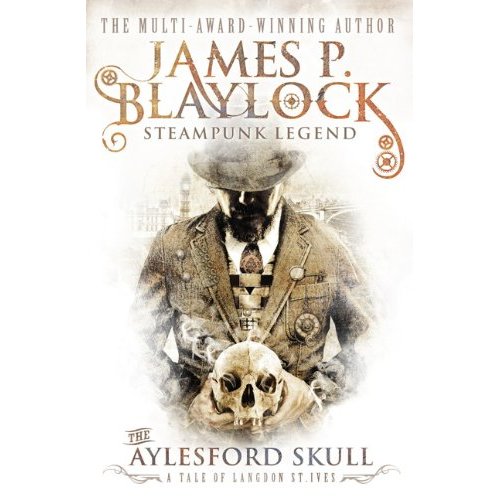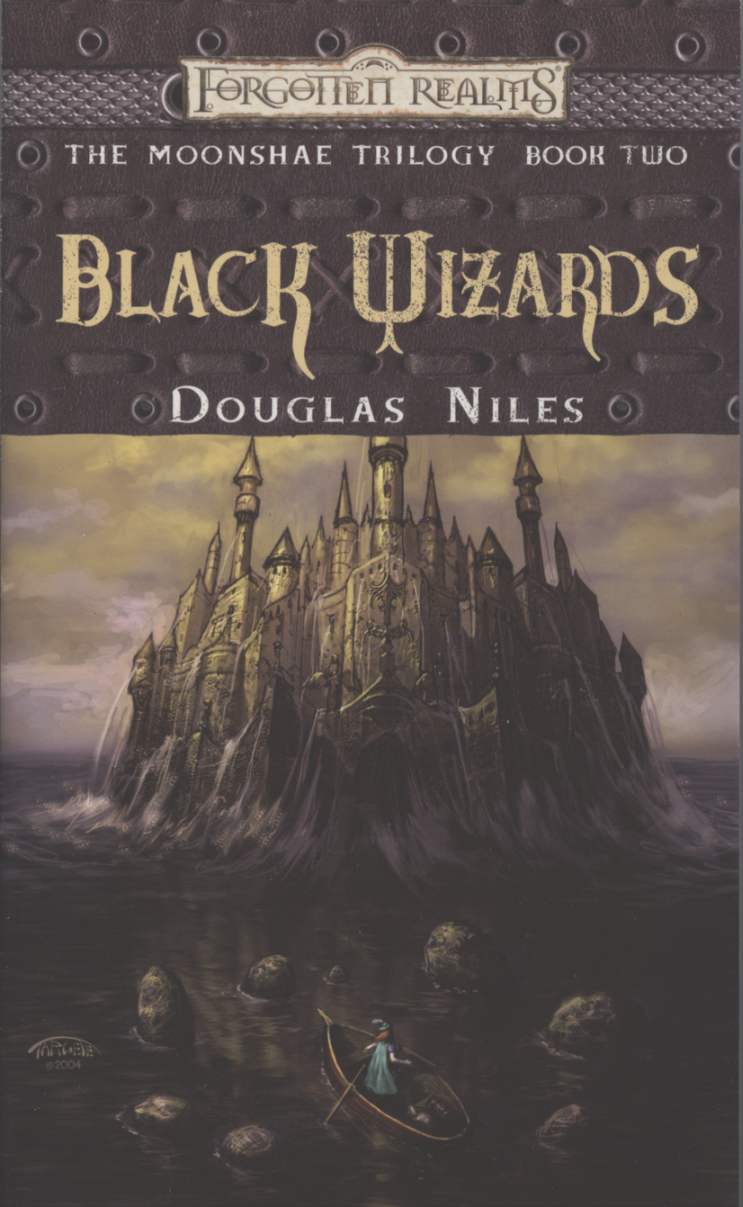Twelve Years Too Late for the Space Odyssey
 Wednesday, April 17, 2013 at 01:18PM
Wednesday, April 17, 2013 at 01:18PM One of my Fantasy Literature students turned this in. I really enjoyed it, so I thought I'd share. Enjoy! JS
 Is it too late?Many authors from the early 20th century to modern day have written influential and entertaining science fiction about what could happen with the advancement of technology; Asimov, Bradbury, Dick, Heinlein, Clark, among others. We have embraced these predictions into our popular culture through adaptations, merchandise, reprints, and movies. The possibility of space colonization is much more widely accepted now than it was when these authors were writing about it, and these feats are certainly much more possible. When I look up at the moon, I don’t see any flashing lights to guide incoming cargo ships or the dim glow of a colony’s solar-powered street lamps. I see an unexplored rock that could possibly tell us more about our own history than any taken from Earth’s soil. And yet, the human race as a whole seems not to care.
Is it too late?Many authors from the early 20th century to modern day have written influential and entertaining science fiction about what could happen with the advancement of technology; Asimov, Bradbury, Dick, Heinlein, Clark, among others. We have embraced these predictions into our popular culture through adaptations, merchandise, reprints, and movies. The possibility of space colonization is much more widely accepted now than it was when these authors were writing about it, and these feats are certainly much more possible. When I look up at the moon, I don’t see any flashing lights to guide incoming cargo ships or the dim glow of a colony’s solar-powered street lamps. I see an unexplored rock that could possibly tell us more about our own history than any taken from Earth’s soil. And yet, the human race as a whole seems not to care.
How can we have spent so much time thinking and dreaming about outer space, about the unforeseeable possibilities it will open for us, and then just play all of our hypothesization off as some stupid idea we had 40 years ago? It took eight years for the human race to go from the first man in space to the first man on the moon. We were interested in the bettering of our country as a world power, and certainly weren’t about to let the commies be ahead of us for long. It was a healthy competition, a rare occurrence between world powers, but one of the most productive competitions there can be. Americans cared about space, the public eye was on the moon, and we were genuinely invested in what was said to be the coming Space Age.
Well, here we are. The Space Age. In the forty years since its beginning, we have explored a massive 0% farther than where we were when we started. As far as knowledge goes, that certainly has changed. Our study and probing of our solar system has led us to a very different extraterrestrial knowledge than what we had pre-space. In this respect, the Space Age hasn’t been a failure. We must first have background knowledge about something before we can safely explore it. But it seems that we have become content with simply gaining this knowledge without putting it to use.
With our space shuttle program shut down in 2011, space and Wall Street speak the same language. The only planned space expeditions are backed by privatized companies, like Bigelow Aerospace. Perhaps that long-lost sense of competition that fueled our first foray into the Final Frontier will be returned by competing companies. Maybe we can finally stop dreaming and start doing. Maybe the Final Four bracket in 40 more years will be the top four companies predicted to reach Proxima Centauri. No one can say for sure, but if the government has foregone space exploration altogether, then help us, privatization, you are our only hope.
by Drew Raleigh




